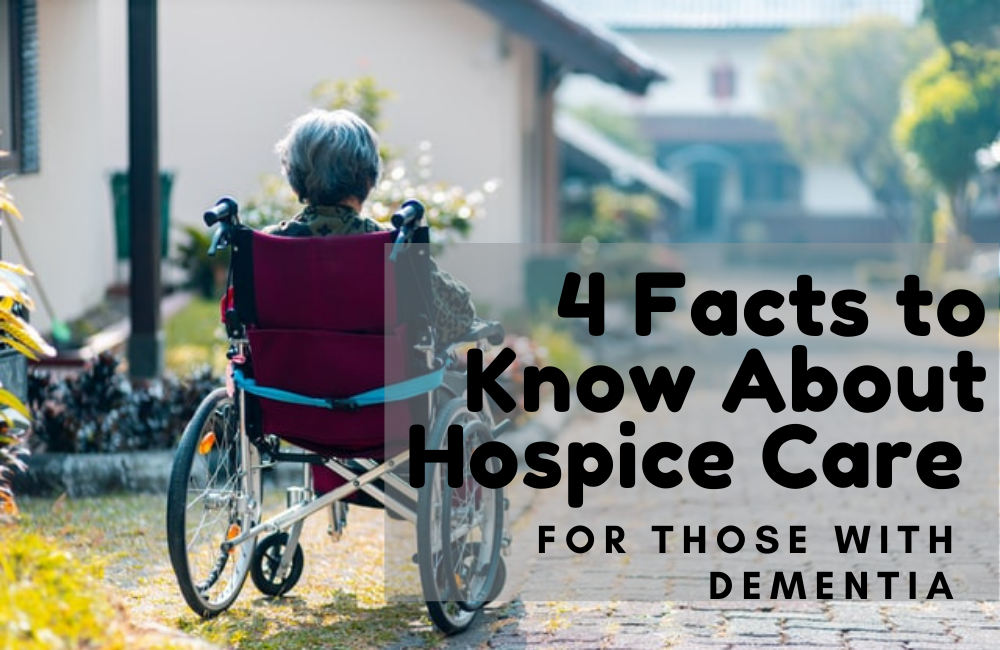Hospice care is a great option for many patients living in the twilight part of their lives, as they can enjoy their final years in a familiar, comfortable environment instead of at a cold, sterile hospital. Still, despite the many benefits of hospice care, a lot of uncertainty surrounds it. In fact, hospice care is often minimized when discussing support for patients with Alzheimer’s and other forms of dementia, although it has proven to lengthen their lives.
Dementia often brings many different challenges to the patient and their loved ones, which hospice care can help alleviate. Here are four facts about hospice care that illustrate its advantages for patients with dementia:
Caring For Those With Dementia Can Be Challenging
According to the Alzheimer’s Association, around 11 million Americans care for someone living with dementia without being paid for it. Caregiving is incredibly challenging and intense work. When left to a family member, it often causes them to make significant lifestyle changes to accommodate their loved one.
However, entrusting the care to home health care agencies will relieve some of the burdens while ensuring top-notch service. Every patient in hospice care will have their own caregiver, assigning their treatment so a professional who knows how to accommodate the unpredictable needs of a dementia patient.
Caregivers Need Support at Times
Every patient struggles with dementia differently, which means that some tough choices will have to be made by loved ones and family members at some point. These may include taking away their keys or supporting their hygiene needs. Caring for someone with dementia can be as long as 15 years, which can be exhausting, especially for those who have their personal and professional lives to support.
For this reason, it will help to put patients with dementia under hospice care, as it will allow caregiving family members to get a bit of a break and have more time to themselves. Additionally, when a loved one starts hospice care, caregivers can enjoy a five-day respite as part of a Medicare offering.
It Can Be Difficult to Become a Caregiver
Caregiving doesn’t always come naturally to family members. Even the most loving and dedicated child, spouse, or partner may not know how to care for a loved one struggling with dementia. For this reason, many home health care agencies advocate putting the loved one under hospice care, where trained clinicians can take over to provide support. The primary caregiver should not bear the weight alone and seek professional help, especially from hospice care providers.
It is Important to Remember the Person Underneath the Dementia
The best way to care for those with dementia is to remember the person they are beneath their dementia. Family members who care for their loved ones must help them engage with their previous hobbies, whether music, art, playing chess, or even solving puzzles. Long-term memory is more prevalent for those with dementia, so tapping into early experiences and achievements can unlock the patient’s happiness. Ensuring they are actively involved in daily activities will also raise the quality of care provided, helping them live more comfortably.
Conclusion
Hospice care at home is the best way to care for a patient with dementia, as it provides treatment in an area they are most comfortable and familiar with. By understanding these facts about hospice care for those with dementia, you’ll know the aspects involved in attending to these patients and the best way to help them enjoy the last years of their lives.
Bridge Home Health & Hospice offers hospice care in California provided by trained clinicians and therapists. Our team is trained to manage all symptoms primarily related to end-stage illnesses, including pain, wound, and respiratory management while attending to the patient’s nutritional and safety concerns. Contact us today to learn more about how we can care for your loved one.

